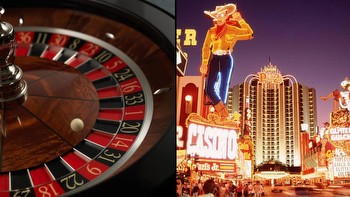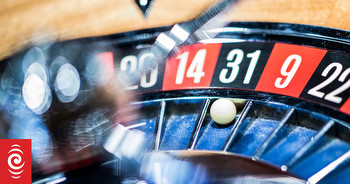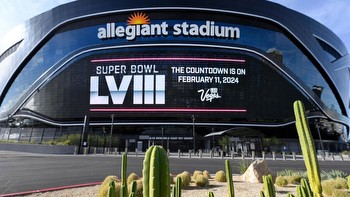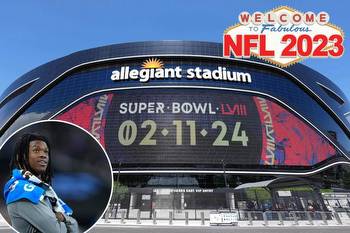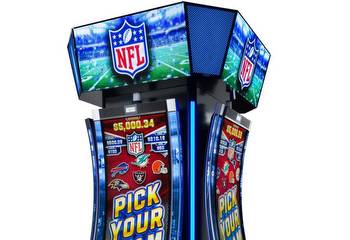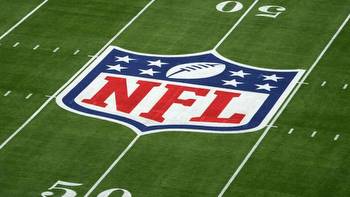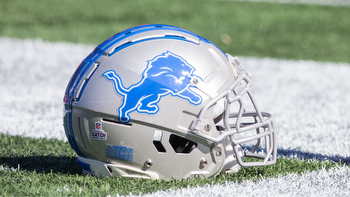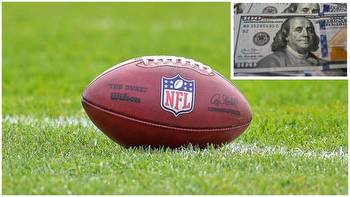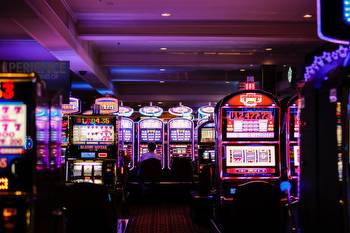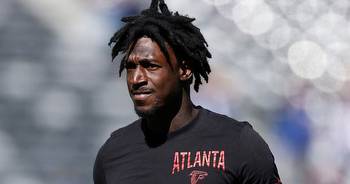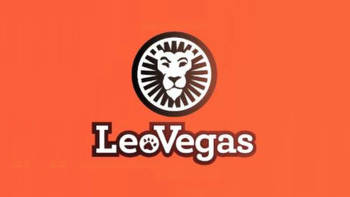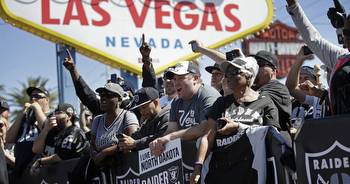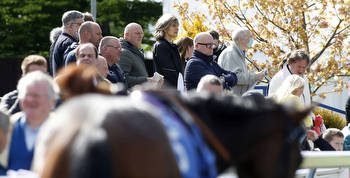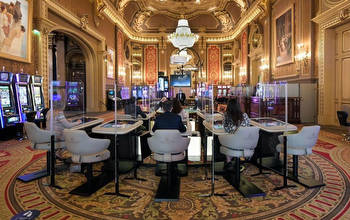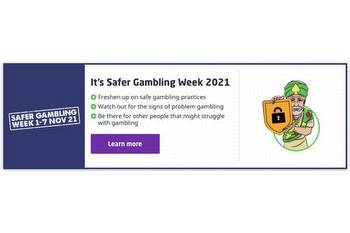NFL gambling: Is it legal for players to gamble?
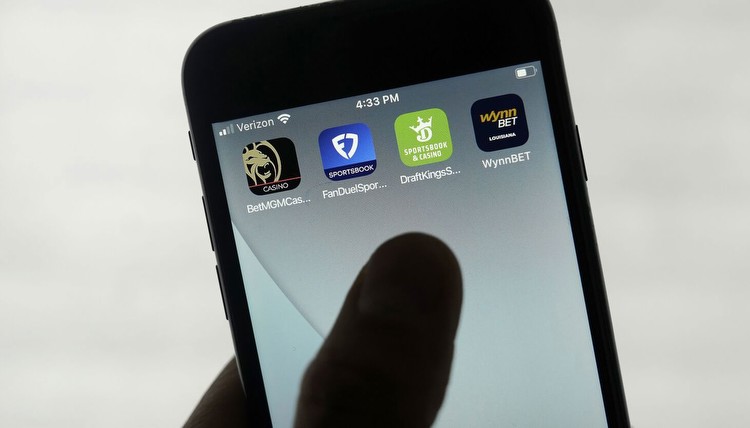
The NFL is talking out both sides of its mouth about gambling, but we should be used to this by now. The league has made it an art form.
Let us count the ways.
For years NFL officials have talked about player safety and how committed they are to it, so what did they do? They added a 17th game, they continue to allow the Tush Push that results in a 4,000-pound collision/pileup of humanity, and half of the games are still played on plastic grass. This year, the American Journal of Sports Medicine announced the results of a study that reconfirmed what players and coaches already know: there is a higher rate of foot and ankle injuries and that “elite” football players suffered more knee injuries on synthetic turf. The league likes the fake grass because — you guessed it — it saves money. The players hate it.
NFL officials also like to pretend they’re serious about catching drug cheats. The league’s busts for PED use (performance-enhancing drugs) are relatively rare, the penalties are laughably light, and the NFL has refused to use independent testers, which ought to tell you something.
As USA Today put it, “The NFL’s PED policy is not set by an independent party such as USADA. The policy instead is made in a negotiation between league management and the players’ union, both of which arguably have an interest in keeping a lid on the problem. The suspensions only represent around 1% or fewer of all NFL players each year.”
So, with all of that as background, there is this: A few years ago, the league had a strict policy against gambling. It was inviolable. The integrity of the game was at stake, the NFL believed. It was gospel. The major sports leagues were still terrified by the Black Sox and Pete Rose scandals decades earlier.
Then it occurred to NFL officials that there was money to be made in betting on games, and suddenly they cast aside their scruples about gambling and the effect it could have on the sanctity of the game. The NFL reversed field faster than Barry Sanders and went all-in on gambling. In 2021, the NFL reached agreements with Fox Bet, BetMGM, PointsBet and WynnBET to become approved sportsbook operators. The NFL also announced sportsbook partnerships with Caesars Entertainment, DraftKings and FanDuel worth $1 billion.
Here’s the best part: The NFL immediately launched “a responsible betting initiative aimed at getting fans to set limits on their wages, understand the risks of betting, and know where to get help if things get out of hand.”
The league also announced that it is “partnering with the National Council on Problem Gambling to improve the group’s nationwide helpline, create new treatment programs and expand existing ones, and educate football fans who gamble on how to do so responsibly. … A three-year effort will include in-game messaging, social media outreach, broadcast, print and in-stadium messaging. Some of it will target people who are too young to legally gamble but may feel tempted to do so.”
So, let’s see if we’ve got this straight. The NFL undertook an ad campaign to ameliorate a problem that it is helping to create and worsen?
Money Magazine reported in February that problem gambling “is only getting worse, thanks in part to the growing popularity of online gambling and sports betting at in-person casinos and websites like FanDuel and DraftKings.”
In September, the American Gaming Association reported the results of a survey that revealed that more than 73 million Americans plan to wager on the NFL season, which is almost a 60% increase from a year ago. Since the 2018 Supreme Court ruling freed states to legalize sports gambling, 34 states have made it legal and four more will join their ranks soon. The NFL was quick to jump in bed with gambling enterprises, as were the NBA, MLB and MLS.
The NFL not only is contributing to increased gambling in the U.S., but it has created internal dilemmas. For 56 years, the NFL suspended just three players for violating the league’s gambling rules, but since 2019 there have been 12. Blame the mixed message the league is sending.
The NFL is also sending a mixed message to the public. The league is saying WE WANT YOU TO GAMBLE ON OUR GAMES while out the other side of its mouth it says BUT NOT TOO MUCH.
This is like those beer ads that encourage you to drink their brews then, just as the commercial ends, the little voice hurriedly tells you “please drink responsibly.”
There’s an inherent flaw in this plan: The last guy who knows when to say no to another drink is often the guy who’s doing the drinking. It is generally agreed that 1% to 2% of the population has a gambling addiction, and that number undoubtedly will rise steeply over the next few years.
Vox Media posted a story in September headlined, “How America Became a Nation of Gamblers / The NFL’s opening weekend kicked off the biggest sports betting season ever.” Writer Dylan Scott noted that formerly there were only two places in the U.S. you could bet on sports but now you can do it with a click on a phone app. Young people are especially vulnerable and naive when it comes to gambling, which has become normalized and increasingly acceptable. Sportsbook companies spent $314 million on national TV ads last year, according to iSpotTV.
Meanwhile, the NFL encourages gambling on its games while knowing it has a dark side.








